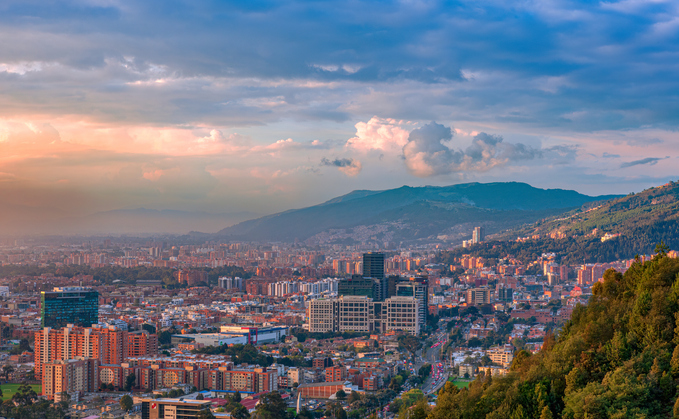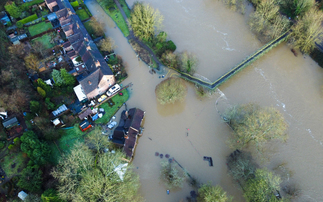
Bogota, Colombia / Credit: Devasahayam Chandra Dhas
Major new reports detail how rising temperatures will see cities exposed to more intense heat waves and widespread disease risks
The world's fast-expanding urban population is facing a future of escalating climate risks that are set to result in severe health and economic impacts. That is the conclusion of a new report from the...
To continue reading this article...
Join BusinessGreen
In just a few clicks you can start your free BusinessGreen Lite membership for 12 months, providing you access to:
- Three complimentary articles per month covering the latest real-time news, analysis, and opinion from Europe’s leading source of information on the Green economy and business
- Receive important and breaking news stories via our daily news alert
- Our weekly newsletter with the best of the week’s green business news and analysis








